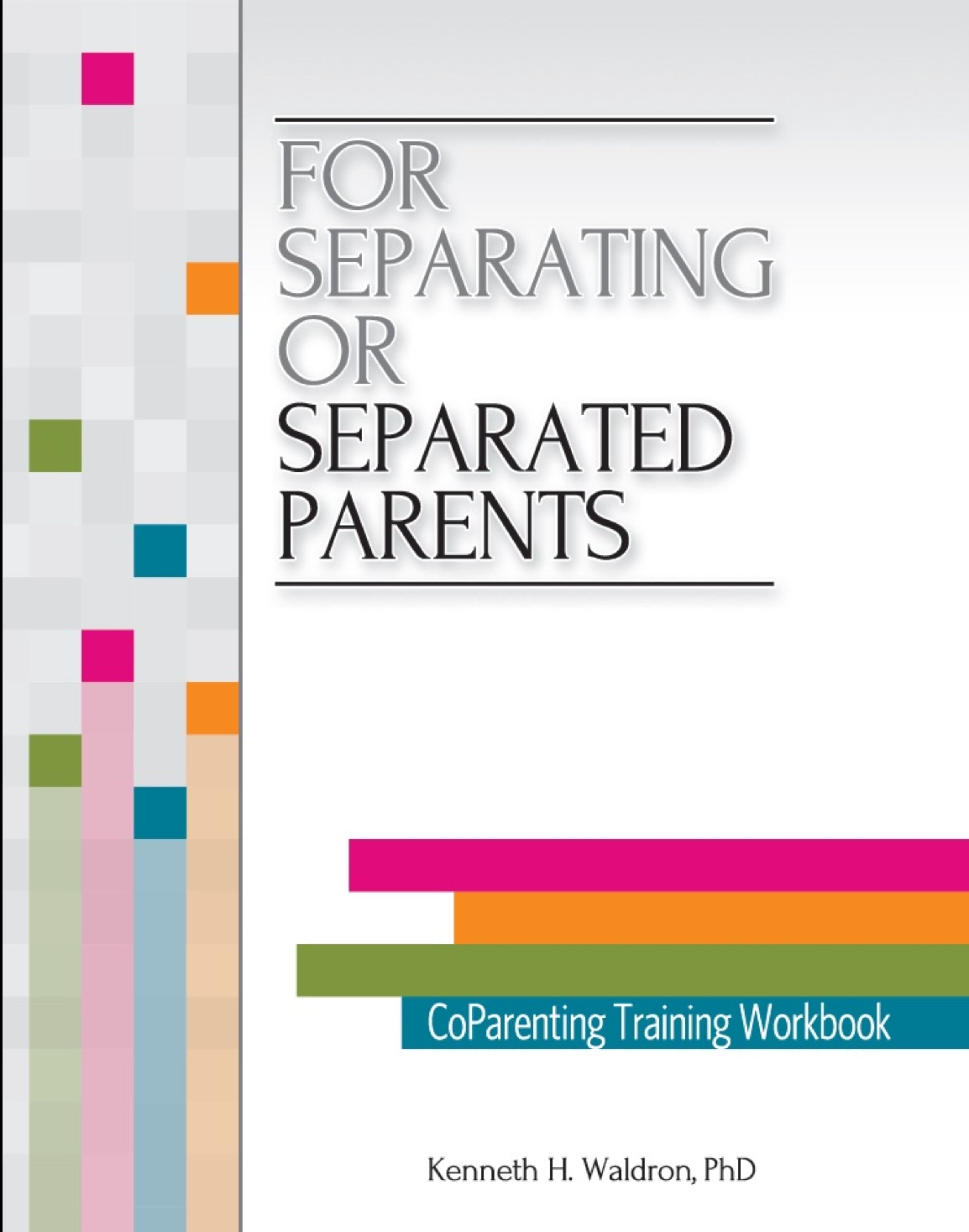Become an Expert Problem Solver in Coparenting
©2020 Waldron and Koritzinsky
In this Series, we explain how to become an “expert” problem solver, not only in a coparenting relationship but also in any situation. However, the examples that we will give are typical coparenting situations because that is our intended audience.
We are defining problems broadly to include:
A problem that one parent is having with the other parent
A problem that a child is facing that can be best solved if both parents participate
A problem with others (e.g., extended family members) that is disrupting the co-parenting relationship
A scheduling conflict
A decision that has to be made on behalf of the children and about which the parents disagree
A concern about something that is happening in the other home
In problem solving, there is a Mindset, and there are Techniques.
In this Blog, we will focus mostly on the Mindset.
There are going to be six posts in this Series, titled:.
Problem solving style and Toltec wisdom
Defining a problem
Problem solving steps
Modified steps for making decisions
Modified steps for resolving a concern
Putting it all together
Problem solving style refers to the general approach that the problem solver takes.
Our first point is that all problem solving is a negotiation process. Research on negotiation style, beginning in the early 1990’s, found that the most effective negotiators (problem solvers) were respectful of the other person, listened to the other person’s information, perspective and goals and tried for solutions that worked for both people. Hardball, disrespectful, selfish problem solvers are generally ineffective, even in accomplishing a solution that is best for themselves. This is particularly true for people problem solving with someone with whom they will have a continuing relationship. One goal in problem solving in a co-parenting relationship is that both parents will feel better about the co-parenting relationship after the negotiation than before.
A second point has to do with emotions. All relationships include interactions that stir up emotional reactions- some positive and some negative. In a marriage, spouses have some responsibility for each other’s feelings. This is part of the dependency of intimate relationships.
To read more of this Blog Series
Click here
Allan Koritzinsky, JD, is a retired partner with Foley & Lardner LLP in Wisconsin. Mr. Koritzinsky focused his law practice on divorce law, alternative dispute resolution and has authored or co-authored numerous articles and books and lectured in lawyer and judicial continuing education seminars throughout his career.
Kenneth Waldron, PhD, is a clinical psychologist in Monona, WI. Dr. Waldron has published research on topics related to children of divorce and provides training to judges, lawyers and mental health providers in the U.S. and internationally. He provides forensic services, including custody evaluations and expert testimony on divorce-related issues.
Dr. Waldron and Mr. Koritzinsky are co-authors of the following books:




